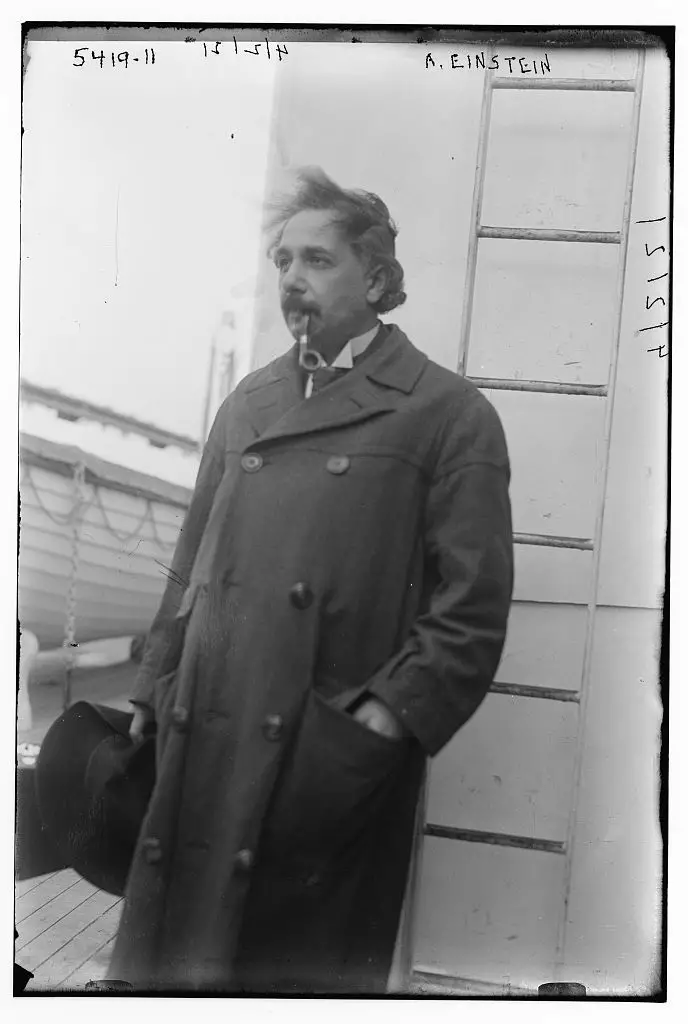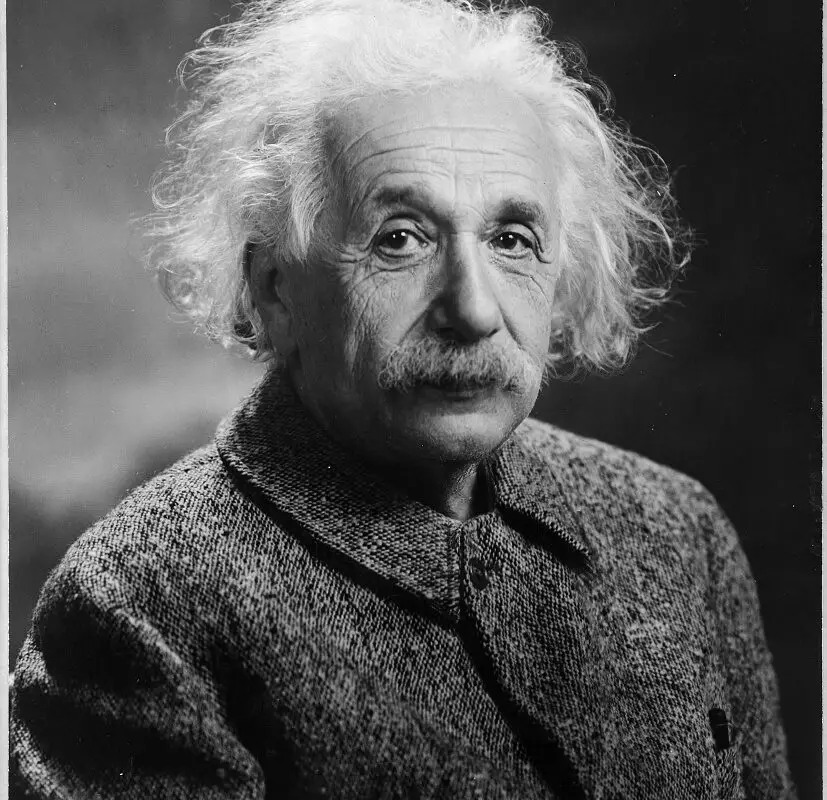Albert Einstein, one of the most celebrated scientists of the 20th century, forever altered the course of human history with his theories of relativity. His groundbreaking contributions to physics shaped modern science, while his unique personality, intellectual curiosity, and outspoken humanitarian views made him a global cultural icon. This profile delves into the life, achievements, and lasting legacy of the man whose name became synonymous with genius.
The Early Years: Humble Beginnings and Early Sparks of Genius
Born on March 14, 1879, in the quiet town of Ulm, Germany, Albert Einstein didn’t show signs of genius early on. In fact, many of his childhood teachers described him as a slow learner, and his speech development was delayed, fueling speculation that he may have had a mild form of autism. But Einstein’s curiosity about the world was apparent from a young age. A critical moment occurred when his father gave him a compass; young Albert was mesmerized by the idea that an invisible force could move the needle. This curiosity for the unseen forces of nature would set the stage for a lifetime of scientific exploration.
Einstein’s academic career was unconventional. After struggling in the rigid educational system in Germany, he eventually moved to Switzerland, where he attended the Polytechnic Institute in Zurich. His passion for mathematics and physics soon flourished, though he remained somewhat of an outsider, uninterested in the traditional routes to academic success.
The Miracle Year: 1905 and the Birth of Relativity

Einstein’s scientific career took off in 1905, a year that would become known as his annus mirabilis—his “miracle year.” At the age of 26, while working as a patent clerk in Bern, Einstein published four papers in the Annalen der Physik, each of which would revolutionize the field of physics. Among these papers was his special theory of relativity, which introduced the now-famous equation, E = mc². This formula encapsulated a radical new understanding of energy and matter, suggesting they were interchangeable—a concept that laid the groundwork for nuclear physics and would eventually lead to both the development of atomic energy and the atomic bomb.
The General Theory of Relativity: Redefining Gravity
While Einstein’s work in 1905 had established him as a major player in the world of theoretical physics, it was his general theory of relativity, published in 1915, that cemented his status as one of history’s greatest minds. General relativity proposed that gravity was not a force between objects, as Isaac Newton had suggested, but rather a curvature of space and time. This theory was visually confirmed during a solar eclipse in 1919 when light from stars was observed to bend as it passed near the sun—just as Einstein had predicted.
The international headlines that followed made Einstein a global celebrity. For the first time, a theoretical physicist had achieved worldwide fame. Einstein became a symbol not only of intellectual achievement but also of the potential of human thought to unlock the secrets of the universe.
Einstein the Public Figure: Humanitarian and Advocate for Peace
While Einstein’s scientific contributions were monumental, his influence extended far beyond the realm of physics. A vocal advocate for civil rights and world peace, Einstein used his fame to speak out on social and political issues. Having fled Nazi Germany in 1933, Einstein settled in the United States, where he took a firm stand against fascism, racism, and militarism. He was an outspoken critic of the use of nuclear weapons, despite his own contributions to the underlying science that made them possible.
One of his most famous acts of advocacy came when he co-signed a letter to President Franklin D. Roosevelt in 1939, warning of the potential for Nazi Germany to develop atomic weapons. This letter helped catalyze the Manhattan Project, although Einstein later deeply regretted the devastation caused by the atomic bombs dropped on Japan in 1945.
As a lifelong pacifist, Einstein often said, “I am not only a pacifist but a militant pacifist. I am willing to fight for peace. Nothing will end war unless the people themselves refuse to go to war.”
The Legacy: A Name That Defines Genius
Albert Einstein passed away on April 18, 1955, leaving behind a towering scientific legacy. His contributions to science reshaped our understanding of the universe and continue to influence modern physics, from the study of black holes to quantum mechanics. Beyond his scientific achievements, Einstein’s enduring legacy is his vision of a world where knowledge and human compassion work hand in hand.
Even decades after his death, Einstein’s name remains synonymous with the word “genius.” His life is a testament to the power of curiosity, perseverance, and the belief that scientific discovery can and should benefit all of humanity.
Notable Quotes from Albert Einstein
- “Imagination is more important than knowledge. For knowledge is limited, whereas imagination embraces the entire world, stimulating progress, giving birth to evolution.”
– Source: “Cosmic Religion: With Other Opinions and Aphorisms” (1931) - “The important thing is not to stop questioning. Curiosity has its own reason for existing.”
– Source: “Old Man’s Advice to Youth: ‘Never Lose a Holy Curiosity'” – LIFE Magazine, May 2, 1955 - “Peace cannot be kept by force; it can only be achieved by understanding.”
– Source: “The Real Problem is in the Hearts of Men” – New York Times, 1946



